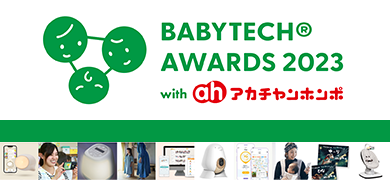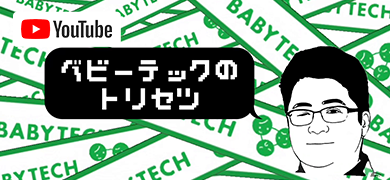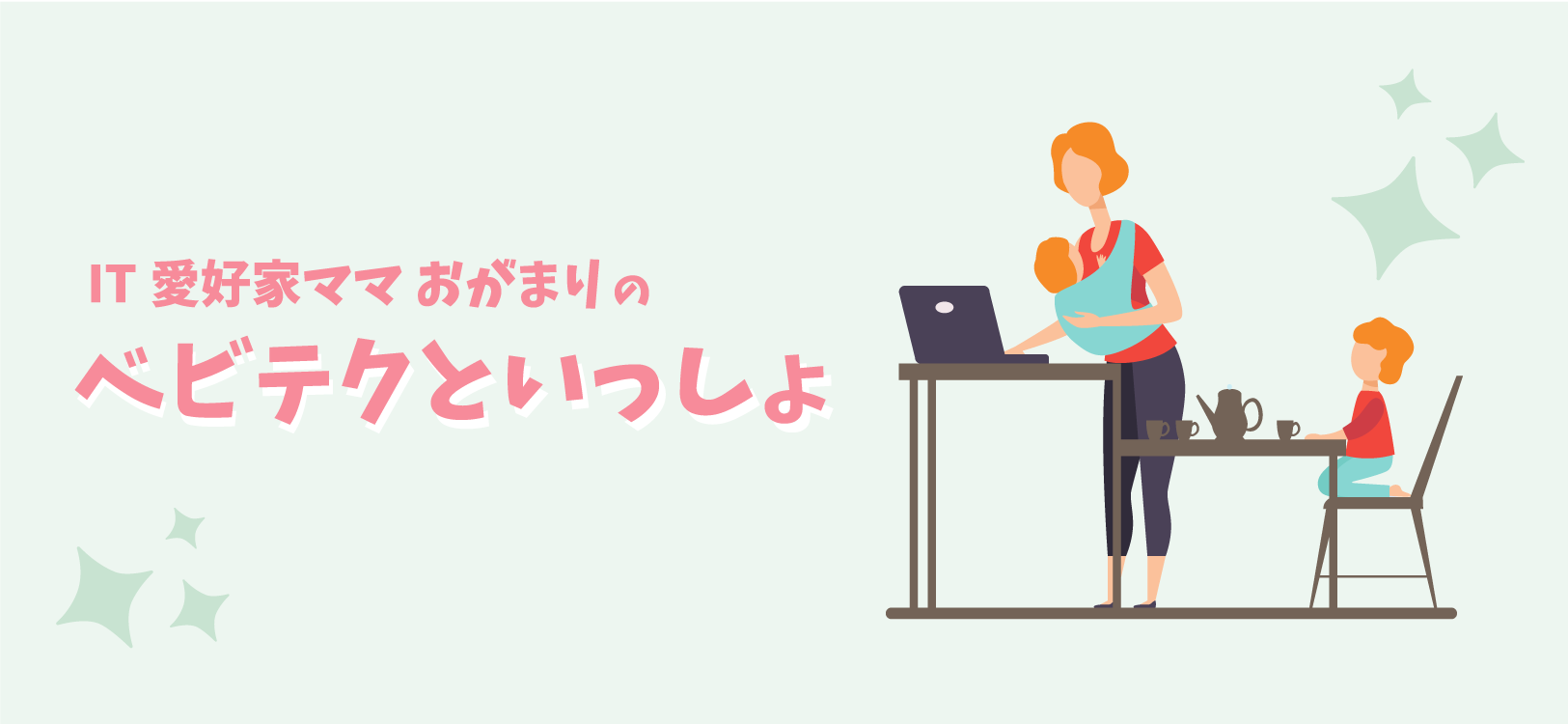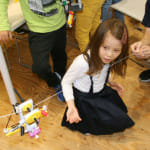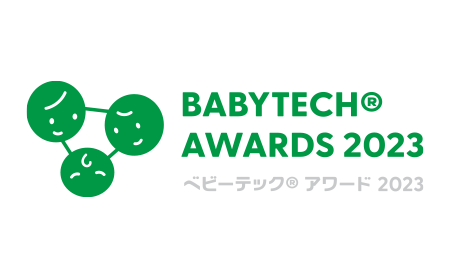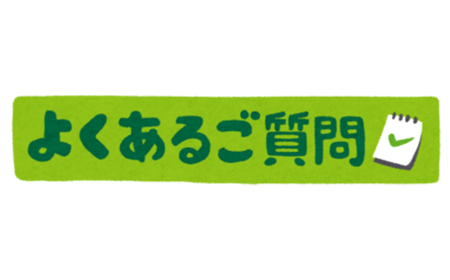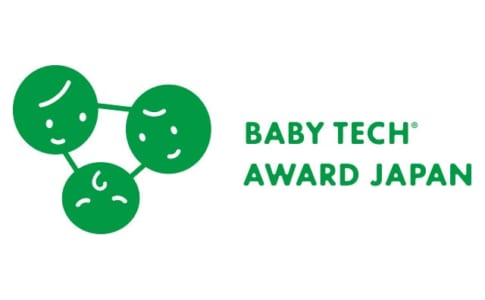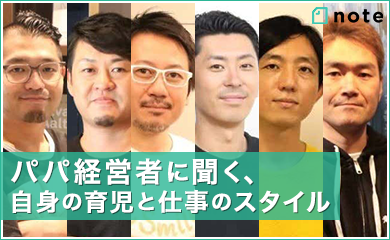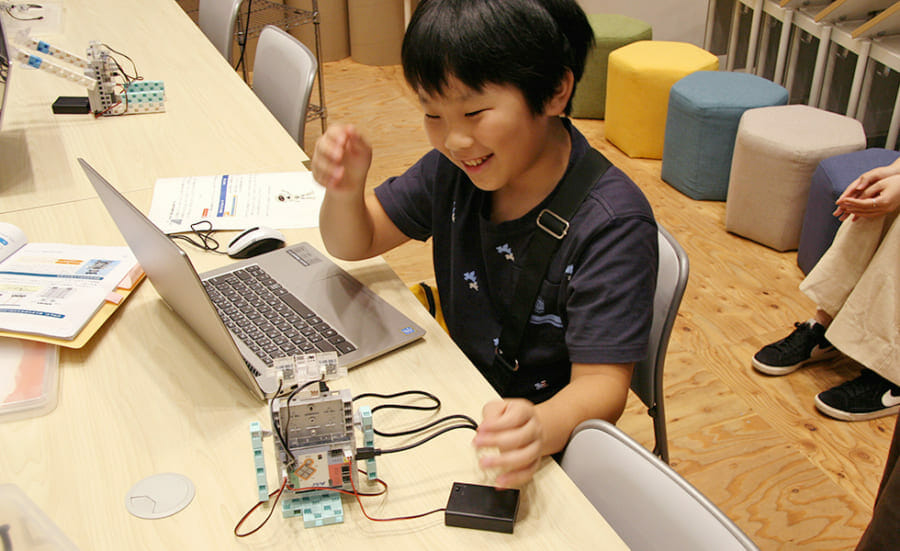
In the lastissue(Advanced Class) and the previous issue (Basic Class), we reported on the lessons at STELABO, a STEM education school in Shiodome, Tokyo. In this third and final installment, we'll take a look at the Pro-Robo 1st Stage, a course that focuses on programming and robotics for 4th to 6th graders.
(Interviewed by.)
Hiroaki Nishimura, STEM Business Promotion Office, IoT Business Promotion Division, New Business Headquarters, SB C&S Corporation
Learn knowledge and hone skills to survive in the future by creating through trial and error.
Editor: What do you teach the children in the "Pro Robot 1st Stage"?
Nishimura: The curriculum for "Pro-Robo 1st Stage" consists of 40 lessons, and today was the 19th lesson. Starting with how to use a computer, we've been using the SCRATCH programming software and robotics lessons. In future robotics lessons, the students plan to use sensors to create "line tracing," which involves running along lines written on the ground, and "tea luck dolls," based on the motif of karakuri dolls from the Edo period.
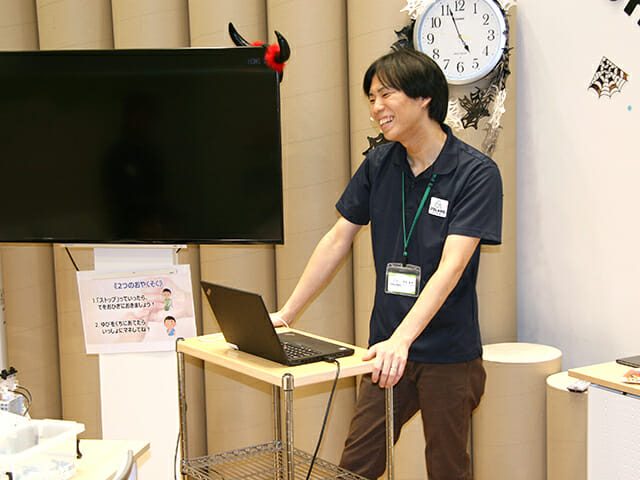
Editor: Today's lesson used a robot.
Nishimura: As for today's lesson, we assembled our own robot and worked on solving a problem by creating a program tailored to that robot. The robot has sensors built into its eyes, and when the sensors react, the robot's arms go up 90 degrees and it makes a forward motion.
Editor:It seems that the lessons using "SCRATCH" are popular with children, but we also saw some children struggling to control the robot.
Nishimura: Unlike conventional operations on a computer screen, robotics requires the control of sensors and motors. With SCRATCH, there was no way to incorporate sensor values into conditional expressions. It seems that it was difficult for the students to get a sense of what it would be like to control and operate an actual robot.
Editor: Did the children participating in the lessons already have knowledge of programming when they joined?
Nishimura: Most of our children have no experience operating a computer before programming. After completing in-house training, certified instructors provide support on how to use computers in the lessons, so there is no problem at all even if you don't have any prior knowledge or experience.

